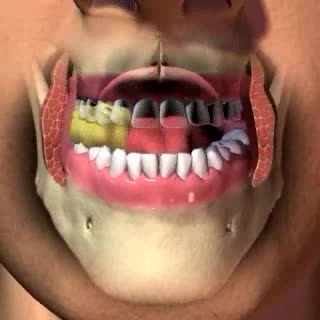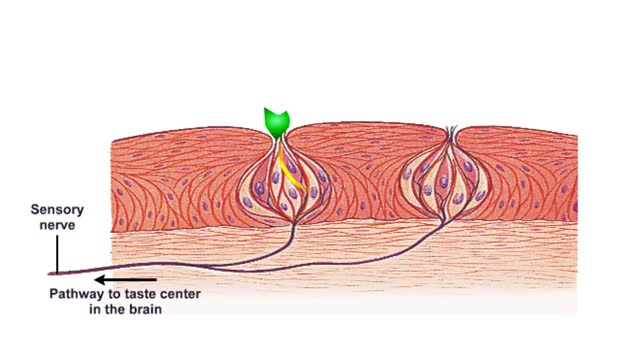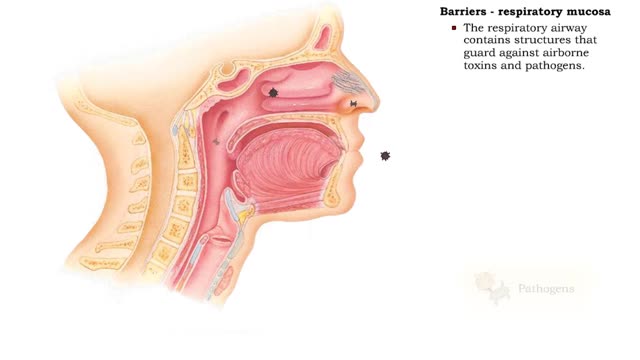Search Results
Results for: 'saliva'
By: Administrator, Views: 15401
The mouth or oral cavity is formed by: - The hard and soft palates at the top or roof - the cheeks - the tongue - the lips Contains the teeth and salivary glands. The gingivae (gums) surround the necks of the teeth. The lingual frenulum is a thin fold of mucous membrane that connects...
What are Taste Receptors? How Does it Work? Animation
By: HWC, Views: 8575
Do you ever wonder how you can taste the foods you eat? It all starts with taste receptors in your muscular tongue. Taste receptor neurons are found in your taste buds but you are not looking at the taste buds. The raised bumps on the surface of the tongue that you see are specialized epith...
Barriers - eye structures, digestive mucosa, respiratory mucosa & genitourinary mucosa
By: HWC, Views: 11988
• Eyebrows, eyelids, eyelashes and conjunctiva serve to trap microbes preventing their invasion. • Tearing (lacrimation) is a protective mechanism that washes away microbes that attempt to enter the eyes. • Salts, mucus, and lysozymes in tears neutralize substances and bacteria. â€...
Advertisement





